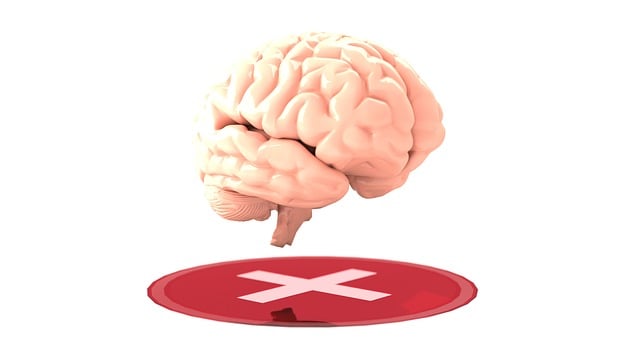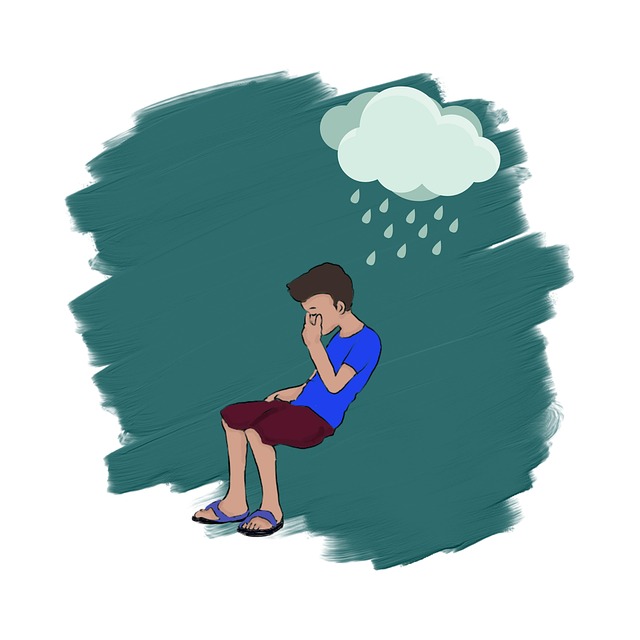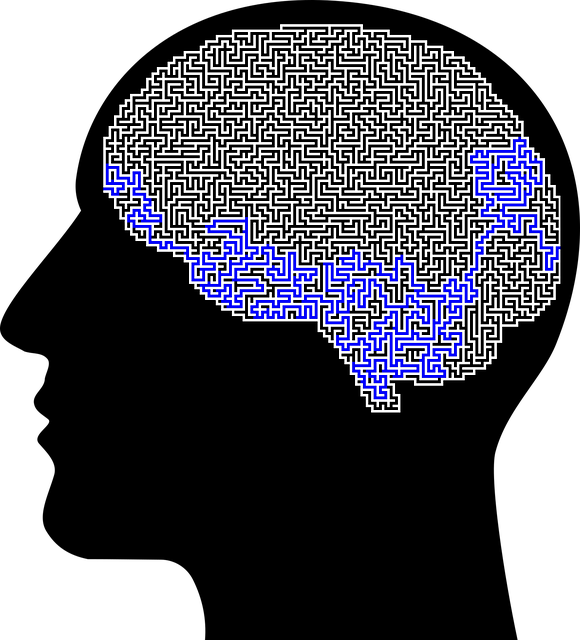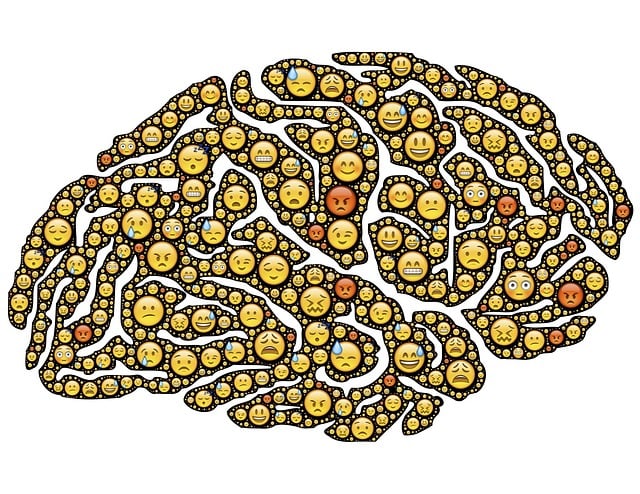Highlands Ranch First Responders Therapy prioritizes harm minimization through comprehensive risk assessment, focusing on proactive hazard mitigation and tailored interventions for mental health. This ongoing cycle incorporates empathy-building strategies to enhance therapeutic connections. Regular therapy, peer support, and mindfulness practices improve first responders' resilience, stress management, and community relations, ultimately benefiting their well-being and service delivery. Continuous improvement through accessible resources, Crisis Intervention Guidance, and emotional regulation training reduces burnout rates, ensuring these heroes remain dedicated and effective in high-stress situations.
Risk assessment and harm minimization planning are vital components in safeguarding our community heroes, particularly the Highlands Ranch First Responders. This article delves into understanding risk assessment as a foundational step for effective harm minimization strategies. We explore developing comprehensive plans tailored to address unique challenges faced by these professionals, focusing on practical solutions. Furthermore, we emphasize implementation and continuous improvement to ensure the well-being of our dedicated first responders through Highlands Ranch First Responders Therapy.
- Understanding Risk Assessment: A Foundation for Harm Minimization
- Developing a Comprehensive Plan: Strategies for Highlands Ranch First Responders
- Implementation and Continuous Improvement: Ensuring the Well-being of Our Community Heroes
Understanding Risk Assessment: A Foundation for Harm Minimization

Understanding risk assessment is paramount to establishing a robust foundation for harm minimization planning. It involves meticulously evaluating potential hazards and their likelihood of causing harm, enabling professionals like those at Highlands Ranch First Responders Therapy to proactively develop strategies that mitigate risks effectively. By thoroughly analyzing various factors, from individual vulnerabilities to environmental triggers, risk assessment guides the creation of tailored interventions aimed at preventing adverse outcomes, including depression prevention, among vulnerable individuals.
This process is not merely a one-time exercise but an ongoing cycle that demands regular review and update. It involves identifying not just immediate dangers but also long-term risks associated with mental health practices. Incorporating strategies for empathy building can significantly enhance the therapeutic process, fostering deeper connections and more nuanced understanding between professionals and clients. Ultimately, a comprehensive risk management planning for mental health professionals, grounded in thorough risk assessment, ensures safety, enhances care quality, and promotes positive outcomes for all involved.
Developing a Comprehensive Plan: Strategies for Highlands Ranch First Responders

Developing a comprehensive harm minimization plan is paramount for Highlands Ranch First Responders to effectively manage high-stress situations and ensure their well-being. This strategy involves integrating various techniques designed to enhance resilience, stress management, and social skills. By incorporating elements like Social Skills Training and Conflict Resolution Techniques into their regimen, first responders can improve communication, de-escalate conflicts, and build stronger relationships with the community they serve.
The plan should prioritize mental wellness as a foundational aspect of harm minimization. This includes regular access to therapy services tailored for first responders, peer support networks, and opportunities for mindfulness practices. By fostering an environment that prioritizes mental health, Highlands Ranch First Responders can better prepare for and navigate challenging scenarios, ultimately enhancing their ability to protect and serve the community.
Implementation and Continuous Improvement: Ensuring the Well-being of Our Community Heroes

In the dynamic landscape of emergency services, the well-being of our first responders is paramount. Implementing robust harm minimization strategies, such as those tailored for Highlands Ranch First Responders Therapy, plays a crucial role in fostering a resilient community. Continuous improvement initiatives should focus on providing accessible resources and support systems to address the unique challenges faced by these heroes. By integrating Crisis Intervention Guidance and promoting practices that enhance Emotional Regulation, we can significantly reduce burnout rates among our brave volunteers.
Regular training sessions, peer support networks, and access to specialized therapy services are integral components of a comprehensive risk assessment plan. These measures not only help first responders manage stress and trauma but also empower them with effective coping mechanisms. In light of the demanding nature of their roles, prioritizing emotional health is essential to ensure our community heroes remain efficient, compassionate, and dedicated to serving others.
Risk assessment and harm minimization planning are essential components in safeguarding our Highlands Ranch first responders. By understanding the risks they face and implementing comprehensive strategies, we can ensure their well-being and foster a supportive community. Through continuous improvement and effective therapy for Highlands Ranch First Responders, we honor their dedication by minimizing the potential for harm and promoting resilience among our community heroes.














